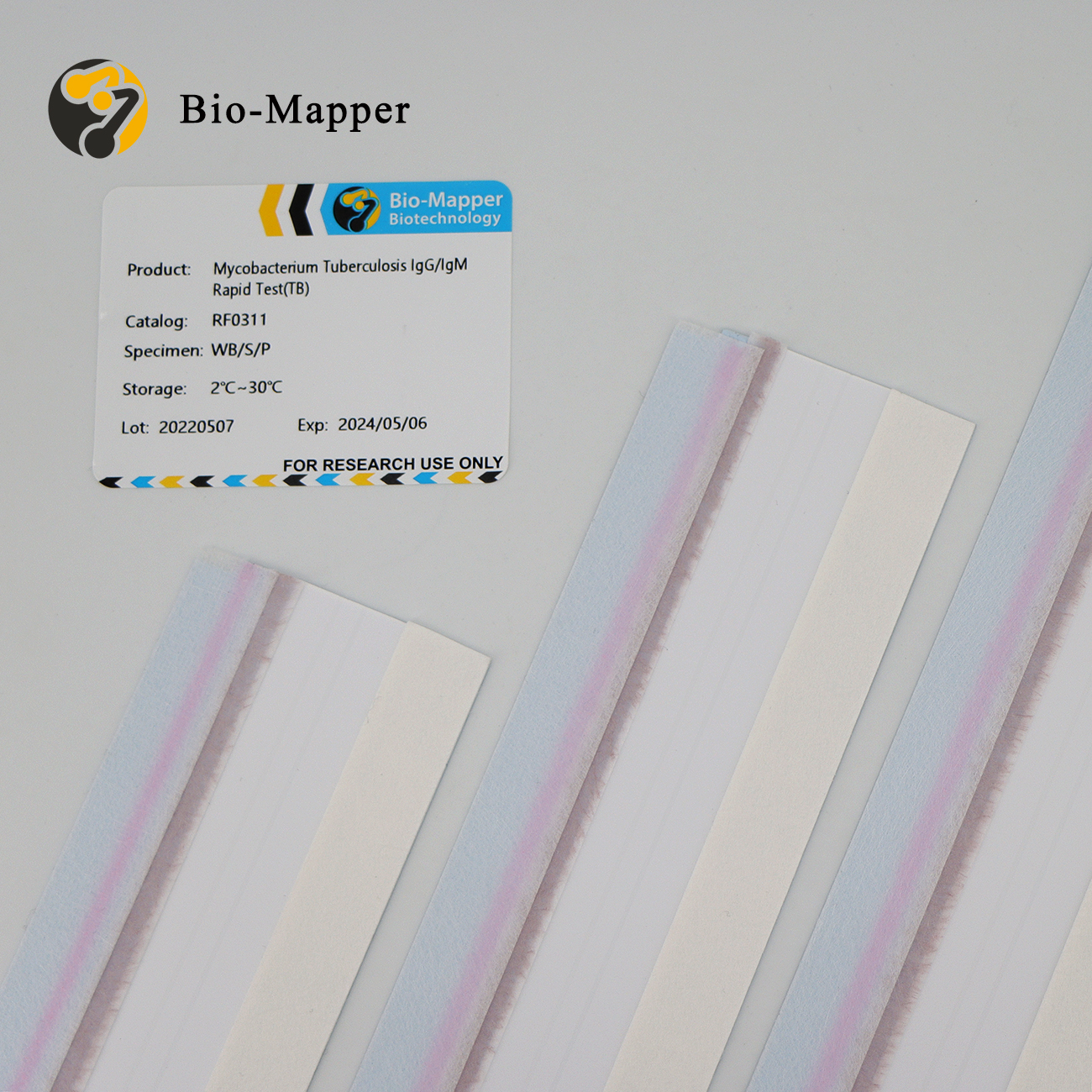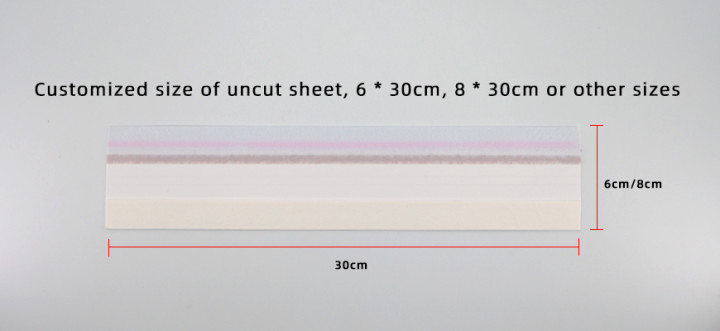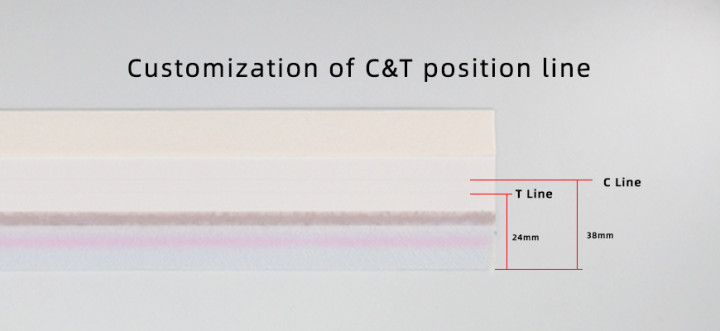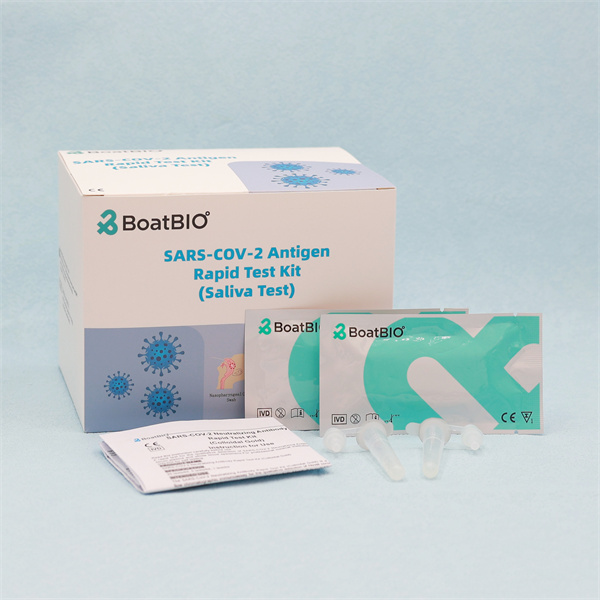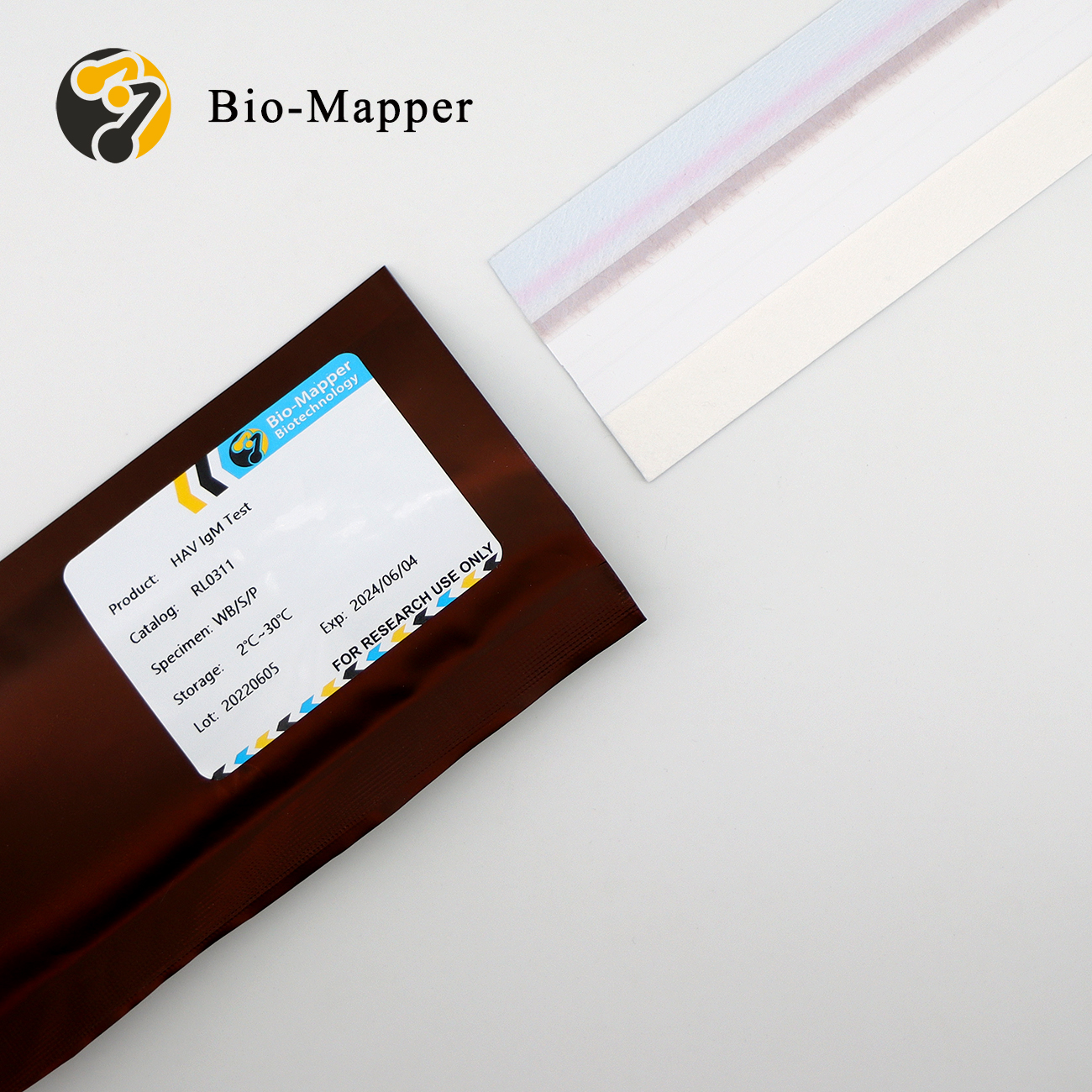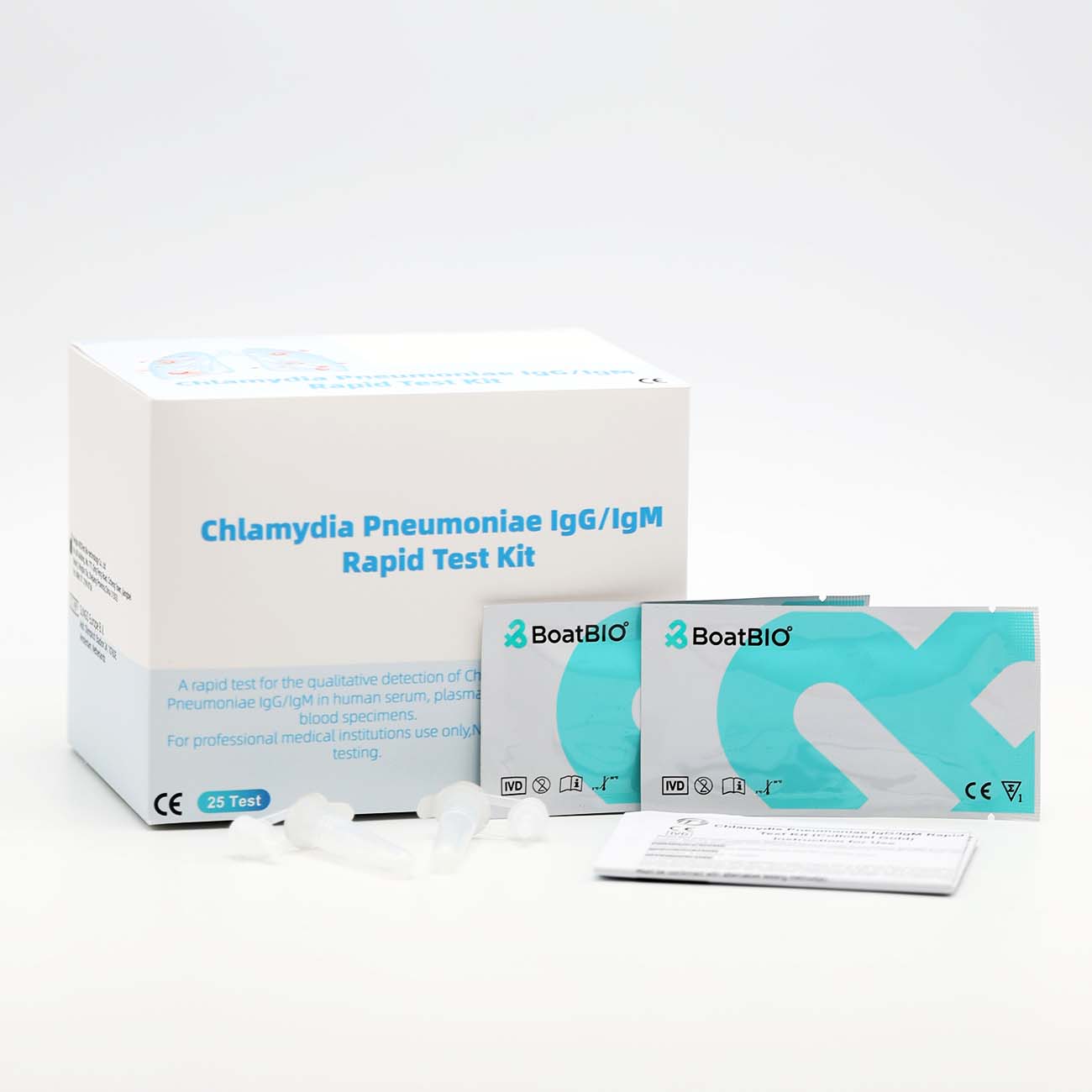Detailed description
Tuberculosis is a chronic, communicable disease caused principally by M. TB hominis (Koch’s bacillus), occasionally by M. TB bovis. The lungs are the primary target, but any organ may be infected. The risk of TB infection has exponentially declined in the 20th century. However, the recent emergence of drug-resistant strains1, particularly among patients with AIDS2, has rekindled interest in TB. The incidence of infection was reported around 8 million cases per year with a death rate of 3 million per year. The mortality exceeded 50% in some African countries with high HIV rates. The initial clinical suspicion and radiographic findings, with subsequent laboratory confirmation by sputum examination and culture are the traditional method(s) in the diagnosis of active TB5,6. However, these methods either lack sensitivity or are time consuming, in particularly are not suitable for patients who are unable to produce adequate sputum, smear-negative, or suspected to have extra-pulmonary TB. The TB IgG/IgM Combo Rapid Test is developed to alleviate these obstacles. The test detects IgM and IgG anti-M.TB in serum, plasm, or whole blood in 15 minutes . An IgM positive result indicates for a fresh M.TB infection, while an IgG positive response suggests a previous or chronic infection. Utilizing M.TB specific antigens, it also detects IgM anti-M.TB in patients vaccinated with BCG. In addition, the test can be performed by untrained or minimal skilled personnel without cumbersome laboratory equipment.



